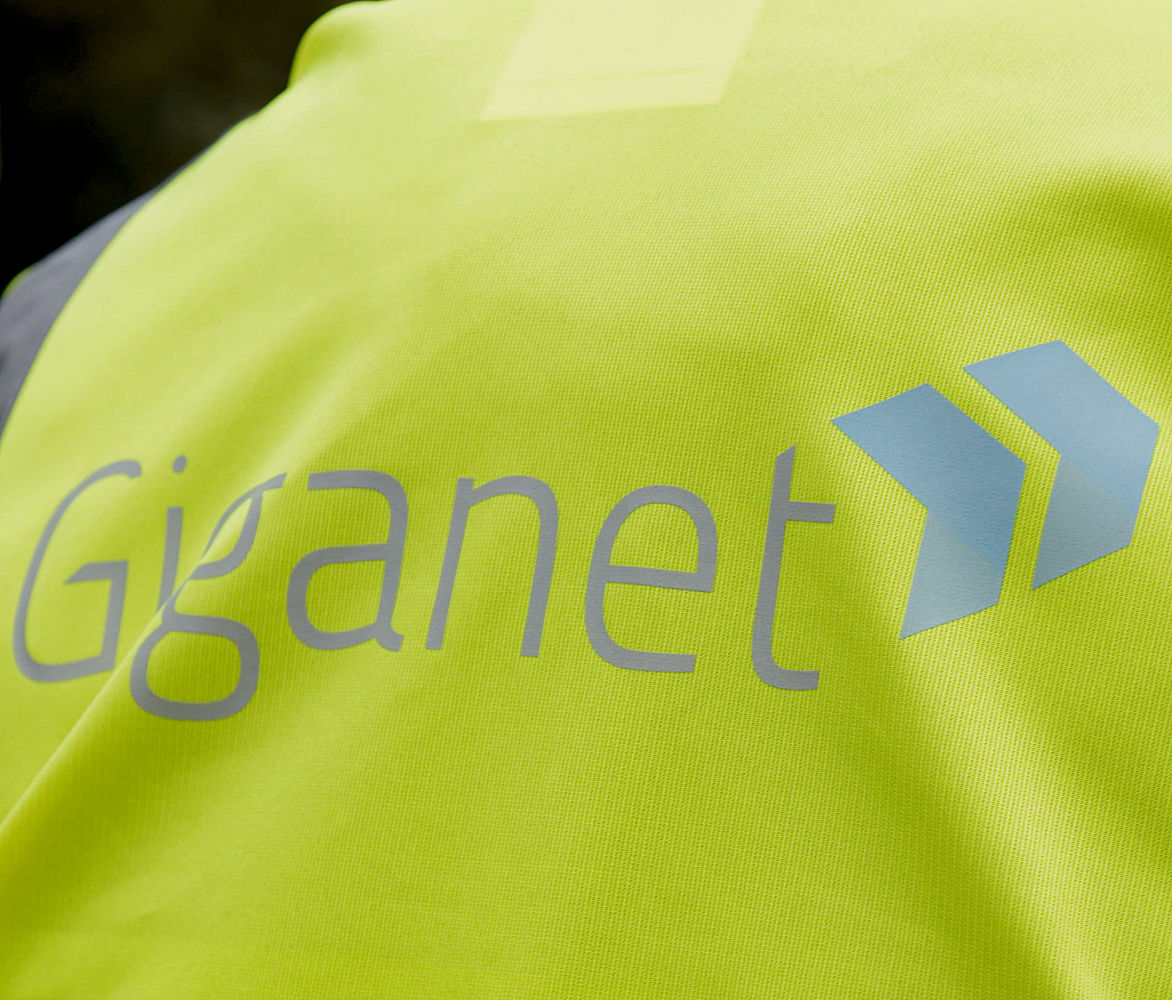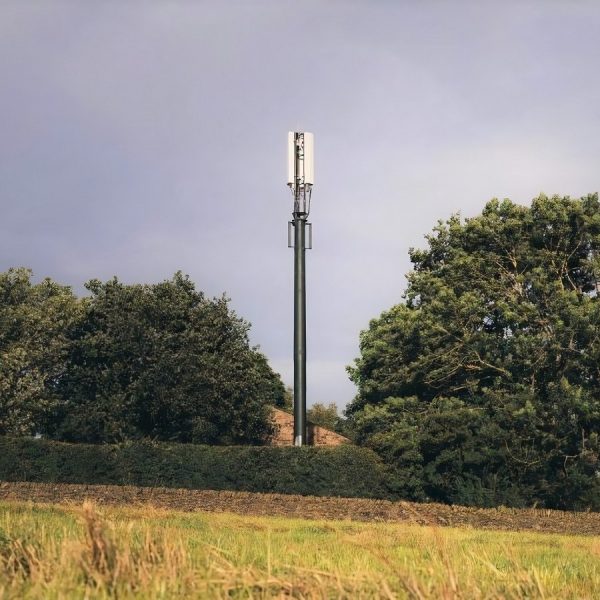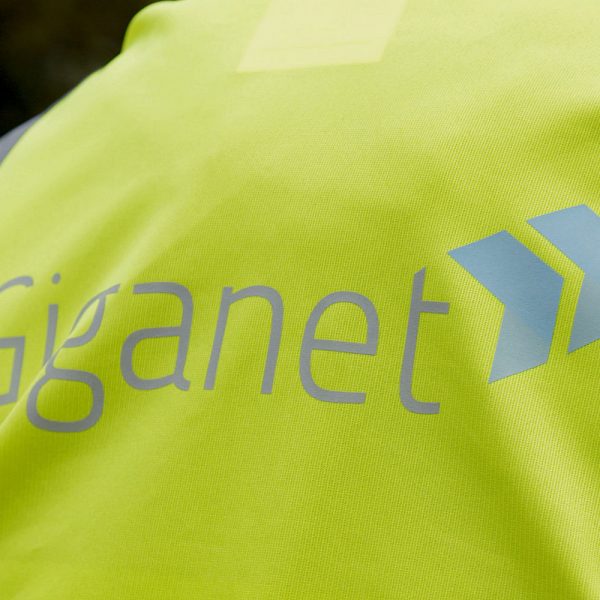Ofcom UK Propose Small Improvements to Broadband Speed Code

Ofcom has proposed to tweak their 2019 voluntary Code of Practice for Broadband ISP Speeds, which will extend the current ‘Right to Exit‘ (i.e. when an ISP fails to correct a problem with broadband speeds) to the latest definition of service bundles. It will also require FTTP and cable ISPs to provide details on observed line speeds.
The 2019 code – as supported by BT, EE, Plusnet, TalkTalk, Utility Warehouse, Virgin Media and Zen Internet (Sky Broadband are due to “re-join … later this year“) – essentially requires member ISPs to provide reliable estimates of connection performance (as measured at peak times) to customers during the order process, and to also help resolve problems when they arise.
As part of this code, customers gain the right to exit their broadband ISP contract, without penalty, if speeds drop below the minimum guaranteed level (MGAL) for their line and this isn’t fixed by the ISP within 30 days – see Ofcom’s Codes of Practice page for more details.
However, today the regulator has published a new report on the performance of this code, which finds that 95% of issues raised under the Codes’ minimum speed guarantee, and which relate to access line speeds, are resolved within 30 days. Of the remaining 5%, the majority of customers were offered ways to resolve their issues, with 20% of this remainder choosing to exercise their right to exit or take an alternative solution.
Despite the broadly positive picture, the regulator has still identified a number of areas where supporting ISPs must improve their compliance.
Areas where improvements could be made
• Accuracy
Currently, observed line speeds are only available for customers of signatories who use Openreach fibre-to-the-cabinet (FTTC) products, but not for customers using Virgin Media cable [Hybrid Fibre Coax] products and those using fibre-to-the-premises [FTTP] products.
Going forwards, we expect signatories to develop an approach to provide observed speeds across all technologies as soon as possible rather than relying on estimates. This will be of increasing importance as full fibre networks are rolled out more widely and relied on by an increasing number of customers.
• Timeliness
Some broadband operators are asking customers not to report speed problems for newly connected FTTC products for between 3 and 14 days. This is to allow the technology time to adjust to the line speed to give the best stable performance for a given line. We consider 14 days is too long, and recommend that any period to allow the line speed to stabilise should be as short as possible.
• Transparency
We have identified a number of areas where the collection and recording of data can be improved by some signatories to help demonstrate compliance with the Codes for both internal purposes and future Ofcom reviews.
In addition, Ofcom is proposing to make a small update to the code, which is designed to reflect their recent changes to the General Conditions of Entitlement (GCs) – due to be implemented from 17th June 2022 – and specifically the latest definition of service bundles.
From 17th June 2022, when customers are notified of changes to their contractual conditions, they will have a right to exit their contract without incurring additional costs unless the changes are exclusively to the customer’s benefit, of a purely administrative nature (and having no negative effect on the customer), or directly imposed by law.
The strengthened right to exit will also apply to other services or equipment bought as part of a bundle with an electronic communications service. It applies to residential consumers and also to small businesses, unless (for small businesses) they waive their rights to any new protections
What we are proposing
Updating the Residential Code definition of a bundle.
We are proposing to amend the definition of a bundle in the Residential Broadband Speeds Code of Practice (the ‘Residential Code’) so that the customer’s right to exit will apply to their broadband and bundled services in the same way as their right to exit will apply to their contract and bundled services as set out in the revised GCs.
Updating, within the Business Code, the definition of a bundle for small businesses.
For small businesses (those with ten or less individuals),1 as with the Residential Code, we are proposing to amend the definition of a bundle in the Business Broadband Speeds Code of Practice (the ‘Business Code’). This will mean that for small businesses, their right to exit will apply to their broadband and bundled services in the same way as their right to exit will apply to their contract and bundled services set out in the revised GCs.
Retaining, within the Business Code, the existing definition of a bundle for larger businesses.
For larger businesses, we propose to retain the existing Business Code’s definition of a bundle to ensure the existing protections continue.
The requirements in the revised GCs recognise that bundles have become increasingly widespread and are an important element of competition. The extension of the right to exit to bundles in the revised GCs is thus intended to “help ensure that bundles do not make switching more difficult and costly for customers or raise risks of contractual lock in.”
Ofcom intends to consult on the bundles tweak until 22nd June 2022, and they then aim to issue a final statement on the matter during autumn 2022-23. Supporting broadband ISPs will then be given 3 months to implement the change.
The regulator also said that they were in “discussions” with additional broadband ISPs about joining the 2018/19 code, although in the past many smaller ISPs have found that the costs involved with adapting to Ofcom’s code can be far too high and have thus tended to shun them. A lot of this has to do with the complex requirements around testing, monitoring and reporting real-world style speeds.
Mark is a professional technology writer, IT consultant and computer engineer from Dorset (England), he also founded ISPreview in 1999 and enjoys analysing the latest telecoms and broadband developments. Find me on X (Twitter), Mastodon, Facebook and Linkedin.
« Three UK Confirms Plan to Switch-Off 3G Mobile Service by 2024
ASA UK Bans Tesco Mobile Adverts Over Offensive Content »
Latest UK ISP News
- FTTP (5515)
- BT (3514)
- Politics (2537)
- Openreach (2297)
- Business (2262)
- Building Digital UK (2244)
- FTTC (2043)
- Mobile Broadband (1973)
- Statistics (1788)
- 4G (1664)
- Virgin Media (1619)
- Ofcom Regulation (1461)
- Fibre Optic (1395)
- Wireless Internet (1389)
- FTTH (1381)





























































It shouldn’t just be “observed speeds across all technologies” but some definition of when the measures are taken. It is of no use if providers using speeds at say 2.00 am in the morning to bolster averages if the network is congested and fails to deliver on a Saturday night.
My view is that the guaranteed performance of a product (well below sales headline) should be a achieved at the peak periods of the day. We are all aware of the historic DSL issues resulting in varying speeds but with FTTP it really should deliver consistently above the guarantee.
Whilst Ofcom state a customer should be able to terminate a contract there ought to be motivation for a supplier to address an issue within their network as there may not be a viable alternative to the customer to move to.
In addition if information is available to the network provider or ISP why aren’t they also to be tasked/penalised for not being proactive rather than waiting and being dependant on customer complaints. Its often more than one customer.
Sorry missed “(as measured at peak times)” I just hope it is.
This attitude is exactly why ISPs tend to avoid pushing the envelope and charge more in the UK.
Requiring a network that’s always contention free costs and forces offerings over shared networks to have slower maximum speeds to avoid congesting the access network.
Shall we just go back to 24 Mbps down, 1.3 up as, perish the thought, offering high speeds at good prices may slow that gigabit / 10 gigabit service to 70% of maximum occasionally?
Ever worked a broadband / ISP network? Didn’t think so.
I’ve just reread your comment having misread it slightly first time around for which I apologise.
Ofcom aren’t talking about guarantees well below maximums. They seem to want ISPs to have a measuring station on every PON / switch in the country so that they can provide ‘observed line speed’ based on data, not averages.
On the subject of forcing ISPs to remediate rather than allow customers to leave given most ISPs don’t run their own access network and it’s the ISPs not the access network provider being asked to sign up to this code this doesn’t seem a good idea.
This reeks of Ofcom trying to generate complaints to keep themselves relevant as we leave the dark days of DSL behind, alongside perhaps forcing ISPs to throw a few quid to performance measuring companies.
Those tests can be trivially gamed by the way.
I don’t see what’s wrong with the current arrangement where ISPs provide a peak time average and a minimum. The existing measurements are during peak time so can’t be massaged with off-peak tests.
If Ofcom are so obsessed with this either they can pay for it out of their existing budget or ISPs can decline to waste their money being part of the scheme.
I accept consumer broadband like any other service like Water, Electricity etc is a shared service and yes if everyone uses it at the same time it suffers. Hence why electric car charges in future will randomly pick a time on off peak unless manually overridden. Yes we all want low cost but on the other hand we want our basic service to be protected when under strain. Where we have a choice we may decide on a particular provider based on this.
BT and others do state a download minimum on their FTTP products which is fine for sales as they are depending on the technical design policies of the underlying network provider and it sets a contractual standard. But there has to be some form of proactive network monitoring to ensure it is functioning effectively and is not being adversely affected by usage/errors outside those design policies.
It is quite likely that many of us will only have a choice of one Ultrafast/Gig provider over the next few years. If our only recourse is to raise a fault and if it is not cleared in 30 days, we can cancel the contract, is not helping a customer on say OFNL, as there is no fixed broadband alternative.
Many VM HFC areas still suffer service issues during the peak times due to network issues (such as M350 running at 196) and do we really want similar issues on FTTP?
There used to be an old saying, if you can’t measure it you can’t manage it.
“My view is that the guaranteed performance of a product (well below sales headline) should be a achieved at the peak periods of the day”
There is no guarantee performance on a consumer service – i’s best effort at all times. If you want guarantees you need to pay for them.
“Whilst Ofcom state a customer should be able to terminate a contract there ought to be motivation for a supplier to address an issue within their network as there may not be a viable alternative to the customer to move to.”
That’s the History of VM nailed then..
‘Yes we all want low cost but on the other hand we want our basic service to be protected when under strain.’
In which case you’ll surely notice that there are issues and don’t need Ofcom to tell you there’s a problem?
Our electricity supply has a pretty wide range of voltages. Water and gas pressure vary considerably depending on demand. All of those are measured and metered. Would you advocate metering Internet again to ensure quality? I’m quite sure most ISPs would be very much on board with that.
“There used to be an old saying, if you can’t measure it you can’t manage it”
replaced by the new one ” You get what you pay for”
Ofcom needs to sort out mobile companies too. They don’t seem to understand they are responsible for all communication companies. Prices should be change one a year without any recourse for the customers. If my ISP increases prices I can give 30 days notice and leave, why can’t mobile companies be treated the same?
If we’re talking about a contract that includes a handset that opens a bunch of other issues, however both may increase prices as long as customers agree in advance and other parameters are okay.
You want to leave your mobile company before the contract is up you’ll have to pay the rest of whatever is outstanding on the handset if you’ve such a deal.
If you’re really set on it and raise a top level complaint for service levels most will let you leave. Issue is you’ll then get a bill for the remaining cost on your handset. Got an iPhone 13 Pro 6 months ago? Hope you’ve got £750 spare.
All comes down to reading the terms and conditions before you sign anything. Don’t want a price increase? Don’t sign up for one.
A lot of ftto providers have to get the customer to do a speedteat with fttp, it’s ridiculous
To be fair if the problem can’t be diagnosed remotely & the network tests show no issue, what are you expecting? More often than not it’s the home environment or WiFi setup that’s causing the issues. Don’t even get me started on how many people expect their shitty £100 phone to achieve 900Mbps over WiFi.